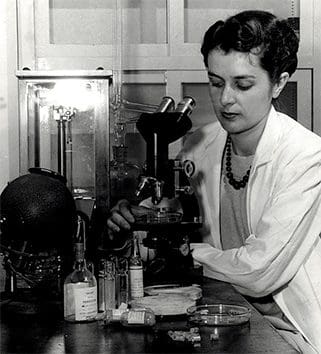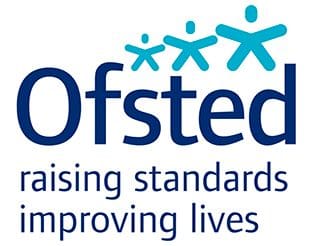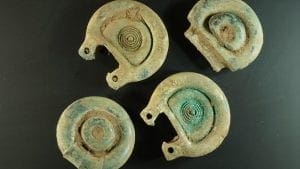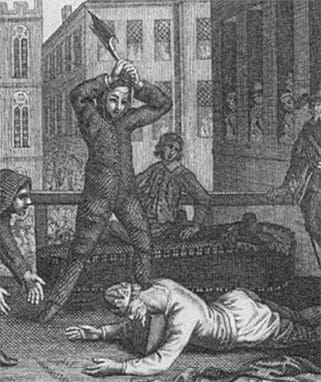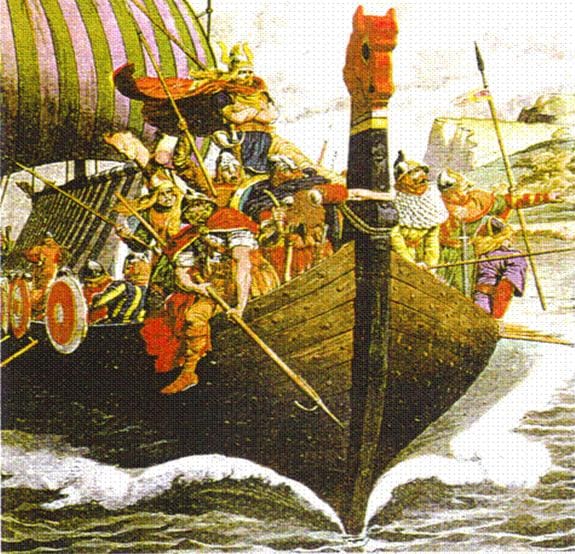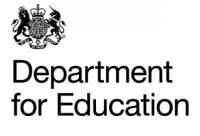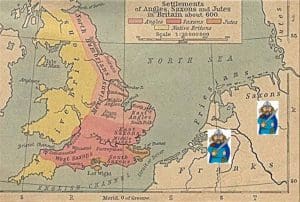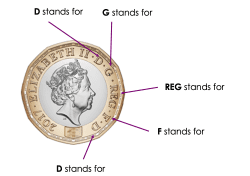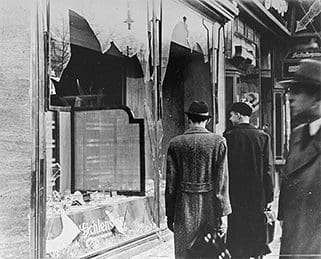
Holocaust teaching at KS3: what we should be doing!
In addition to advising that history teachers and colleagues in other disciplines ought to be incentivised to take up Holocaust Education training, the Education Select Committee was given the following advice:
An effective programme of study should not be restricted to the period of the Second World War, but should contextualise the Holocaust through study of Europe’s diverse pre-war Jewish communities, the long history of antisemitism, and pre-war persecution.
It should address the full range of Jewish experiences during the Holocaust, including those of refugees to the UK and avoid depicting Jews as passive victims. Indeed, all involved – not only victims but also perpetrators, bystanders, rescuers, collaborators, and those who resisted the Nazis – should be studied as individuals and communities rather than as incomprehensible statistics.
Students should also gain an understanding of other groups targeted by the Nazis, including Roma and Sinti (Gypsies), Soviet PoWs, the disabled, political opponents, Jehovah’s Witnesses and gay men; and should understand the distinctive nature of these groups’ experiences both before and during the Second World War.
Study should not end with 1945 but should consider the ambiguities of liberation and its aftermath, looking at the fates of survivors and perpetrators, and should explore Britain’s relationship to the Holocaust.
They were also told that this topic is best taught in Y9 and not earlier. Schools were advised NOT to compress Ks3 into 2 years. Funny that: I think we’ve all be saying that to the government for a very long time. No doubt once Holocaust Memorial day disappears from the news headlines for a year, so the government will continue to ignore our please for not teaching such a sensitive and emotionally challenging topic to children when they are to young to fully engage with the content.

